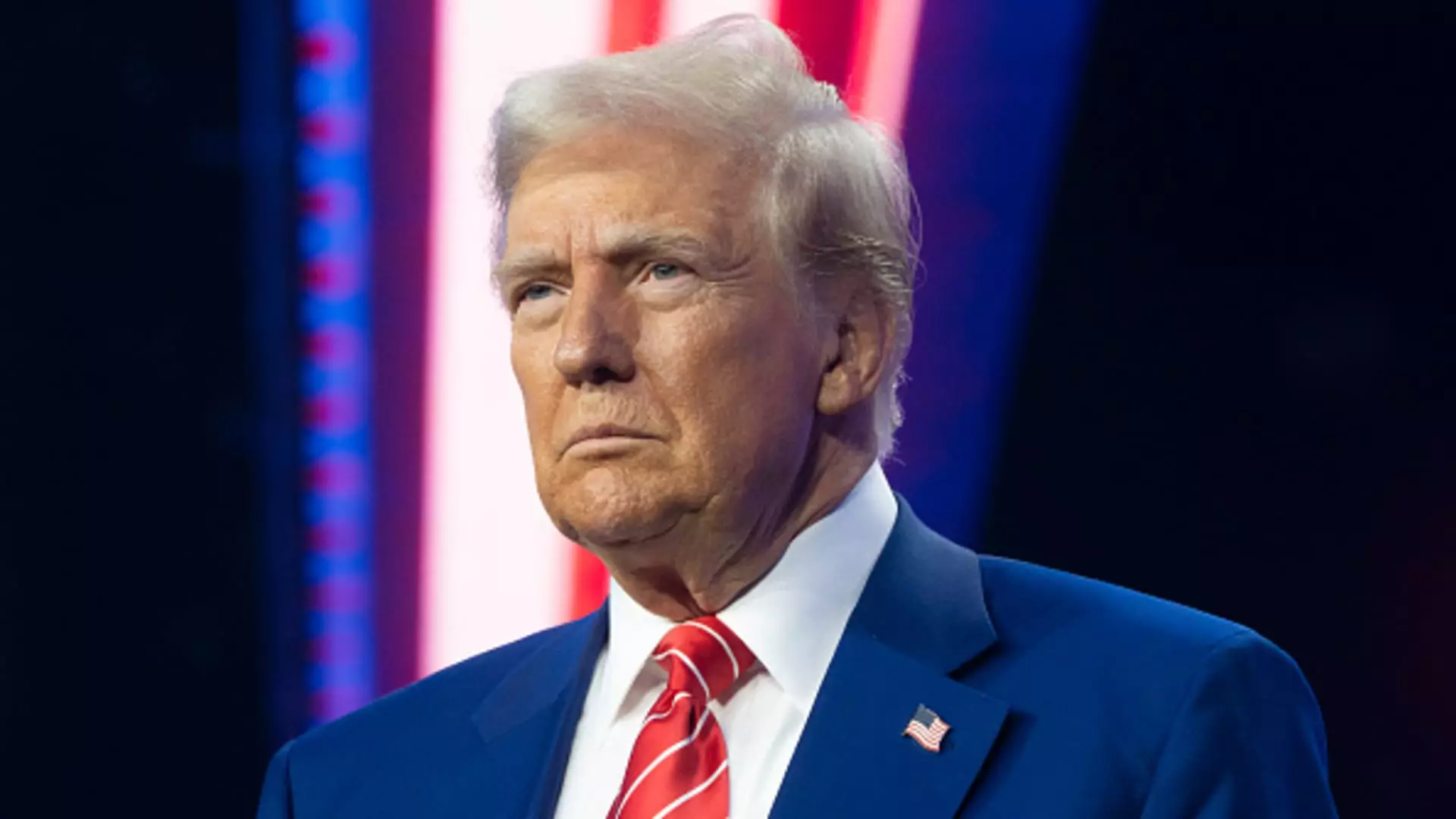The recent death of former President Jimmy Carter at the age of 100 has reverberated through the political landscape of the United States. Known for his humanitarian efforts and integrity, Carter’s legacy is one that honors not just his time in office but also his lifelong commitment to public service. President-elect Donald Trump has publicly expressed his intention to attend Carter’s state funeral, which underscores the significance of Carter’s contributions to the nation and the continuity of American political culture, even amid the stark divisions that characterize current politics.
Carter’s funeral will take place at the National Cathedral in Washington, D.C., on January 9, 2024, gathering leaders from all political backgrounds to pay homage. Trump’s acknowledgment of being invited reflects a degree of respect for Carter, a Democratic leader who prioritized human rights and national unity. However, Trump’s reluctance to divulge any personal interactions with Carter’s family raises questions about the extent of their relationship. Nevertheless, it is evident that the former president’s influence transcends partisan lines, prompting response from various political figures and citizens alike.
Political Shifts: Trump’s Influence on House Leadership
As political dynamics shift within Congress, Trump remains a formidable force in the Republican Party. Just as he pays tribute to Carter, he is also shaping the future leadership of the House of Representatives. Recently, Trump endorsed House Speaker Mike Johnson, asserting that Johnson is the most viable candidate to steer the House amid an evolving political landscape. This endorsement resonates especially as the House prepares for its upcoming leadership vote, a pivotal moment that could redefine Republican strategy going forward.
However, the endorsement comes amid uncertainties. A faction of thirty-four Republican members recently opposed Johnson’s stopgap funding bill, casting doubt on his leadership and the unity within the party. This schism emphasizes the challenges that lie ahead, as differing ideologies threaten cohesion among House Republicans. Trump’s assertion that “almost everybody likes” Johnson perhaps reflects an idealistic view rather than a grounded political reality, highlighting the complexities of consolidating support in a diverse and often fragmented party.
The Responsibility of Leadership in Modern Times
As leaders like Trump grapple with their roles in an increasingly polarized environment, the example set by figures such as Carter offers a reflective mirror. The former president mastered the art of collaboration and empathy, seeking to bridge gaps during tumultuous times. In contrast, contemporary leaders often find themselves entangled in a web of factionalism, where loyalty to party and personal ambition can supersede effective governance.
The upcoming vote for House leadership will serve as a critical moment for Republicans to demonstrate their capacity for unity and resilience. Whether they can rally behind Johnson, or another candidate emerges from the fray, will significantly impact the party’s direction in the near future. As Trump simultaneously navigates tributes to a great leader while exerting influence within his party, it becomes increasingly clear that the intersection of legacy and current politics is a delicate balancing act, one that necessitates thoughtful leadership in order to achieve national progress and unity.


Leave a Reply